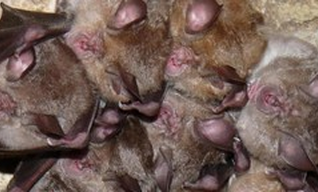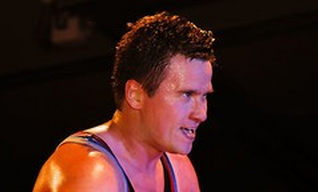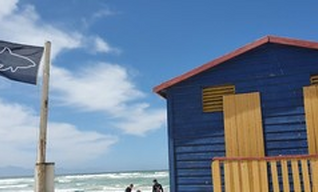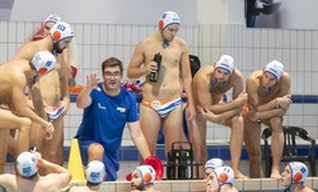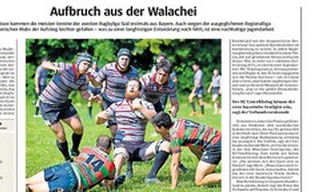
Florian Bindl
Bayern
-
Noch keine BeiträgeHier wird noch geschrieben ... bitte schaue bald nochmal vorbei

Florian Bindl
-
bayern
-
fußball
-
rugby
-
wasserball
-
interviews
-
fans
-
2. bundesliga
-
ssv jahn regensburg
-
1. fc nürnberg
-
oberpfalz
Ausbildung und berufliche Stationen
Abitur in Bayern in Deutsch, Mathematik, Englisch, Latein und Geografie (1,1)
Journalismus-Studium mit Schwerpunkt Sport (1,7)
Abschlussarbeit: Analyse des Mediennutzungsverhaltens von Fußballfans (1,3)
- Freie Mitarbeit beim Kicker-Sportmagazin
- Praktika bei der Süddeutschen Zeitung und bei der Lokalzeitung "Der Neue Tag"
- Freelancer bei Cape Chameleon in Kapstadt, Südafrika
- Freier Autor für die Süddeutsche Zeitung im Ressort Sport
- Volontär, sodann Redakteur bei Oberpfalz Medien
Auftraggeber
Cape Chameleon , Kicker-Sportmagazin , Oberpfalzmedien , Süddeutsche Zeitung
Fehler!
Leider konnte der Artikel nicht gefunden werden.
We can't find the internet
Attempting to reconnect
Something went wrong!
Hang in there while we get back on track



